“The agency has questions about three alleged sites that they say they have found uranium, and we are ready to provide answers to those questions,” said Iranian Foreign Minister Hossein Amir-Abdollahian in an interview with Al-Monitor on Sunday evening.
Once there is agreement on a return to the nuclear deal, known formally as the Joint Comprehensive Plan of Action (JCPOA), Iran will be ready to grant access to the IAEA “beyond safeguards,” he said.
“These apparent baseless allegations against Iran, that have been put on the agenda of the agency [IAEA] need to be removed first,” he said. “But we believe and accept that to do so, there has to be some technical work to be done.”
“At the same time, the agency needs to behave and act technically,” rather than politically, he added.
He referred to a similar process in 2015, when the IAEA ended its probe into the past military dimensions (PMD) of Iran's nuclear program with a resolution that allowed the JCPOA to proceed. As in 2015, he said, “there needs to be the political will to close the case of these allegations.”
Addressing the 66th Regular Session of the General Conference of the International Atomic Energy Agency (IAEA) in Vienna on Monday, Head of the Atomic Energy Organization of Iran (AEOI) Mohammad Eslami has strongly rejected all accusations, including the UN nuclear watchdog’s allegations, about the existence of undeclared nuclear activities or material in Iran.
“There are no undeclared nuclear activities or material in Iran. All accusations are merely based on fake and incorrect information provided by the usurping regime of Israel,” Iran’s nuclear chief said.
Eslami said Iran has always been ready for negotiations and constructive interaction, emphasizing that Tehran would roll back its current remedial nuclear measures, including those related to surveillance equipment beyond the Comprehensive Safeguards Agreement and a robust verification system, only if illegal sanctions are removed and no baseless accusations are leveled against the country's peaceful nuclear program.
Asked why Iran is not addressing the outstanding issues in the JCPOA via direct talks with the United States, Amir-Abdollahian said the Americans did relay a message in New York last week: “Let's talk directly.”
“We are not afraid of having face-to-face talks with the United States, but we should feel that it is going to be a game changer, that there is going to be some kind of gain for us.”
“If the Americans are serious, and they are willing to show their willingness and desire to get back to the JCPOA, these [indirect] messages will suffice."
Asked whether in the absence of direct talks, Iran would support a new round of EU-facilitated indirect negotiations, Amir-Abdollahian did not necessarily see a need to do so, saying that Iran’s position in the recent rounds has been to make the agreement more transparent and less ambiguous.
“But if the American side feels that there needs to be another round of talks done by the coordinators, I mean, [EU foreign policy chief] Josep Borrell and the EU, then we are not going to reject that.”
On economic guarantees, Amir-Abdollahian said there had been “some progress” made in recent weeks as a result of messages exchanged with the Americans.
“We really want this to happen,” the foreign minister said, referring to a return to the JCPOA and the economic benefits that would flow from the lifting of sanctions.
The United States, under former president Donald Trump, abandoned the agreement in May 2018 and reinstated unilateral sanctions that the agreement had lifted.
The talks to salvage the agreement kicked off in the Austrian capital city of Vienna in April last year, months after Joe Biden succeeded Trump, with the intention of examining Washington's seriousness in rejoining the deal and removing anti-Iran sanctions.
Despite notable progress, the US indecisiveness and procrastination caused multiple interruptions in the marathon talks. Four days of intense talks between representatives of Iran and the five remaining parties to the JCPOA ended on August 8 with a modified text proposed by the EU on the table.
Iran submitted its response to the EU draft proposal on August 15, a week after the latest round of talks wrapped up which the bloc described as “reasonable". After submitting its response, Tehran urged Washington to show "realism and flexibility" in order to reach an agreement.
The United States, for its part, took several weeks to offer its response to Iran’s comments.
MNA/PR


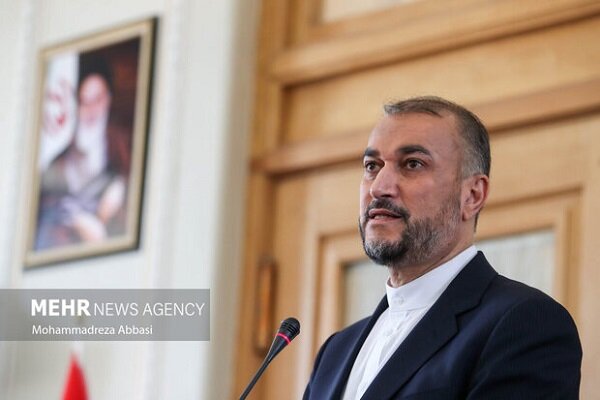
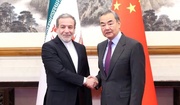
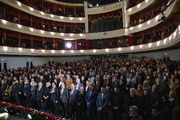

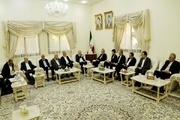
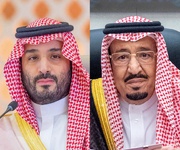
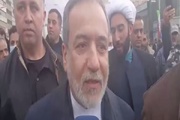
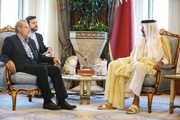
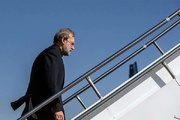
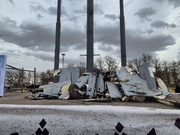





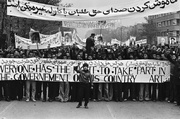




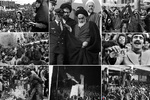
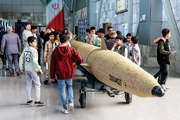

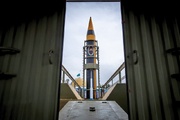
Your Comment